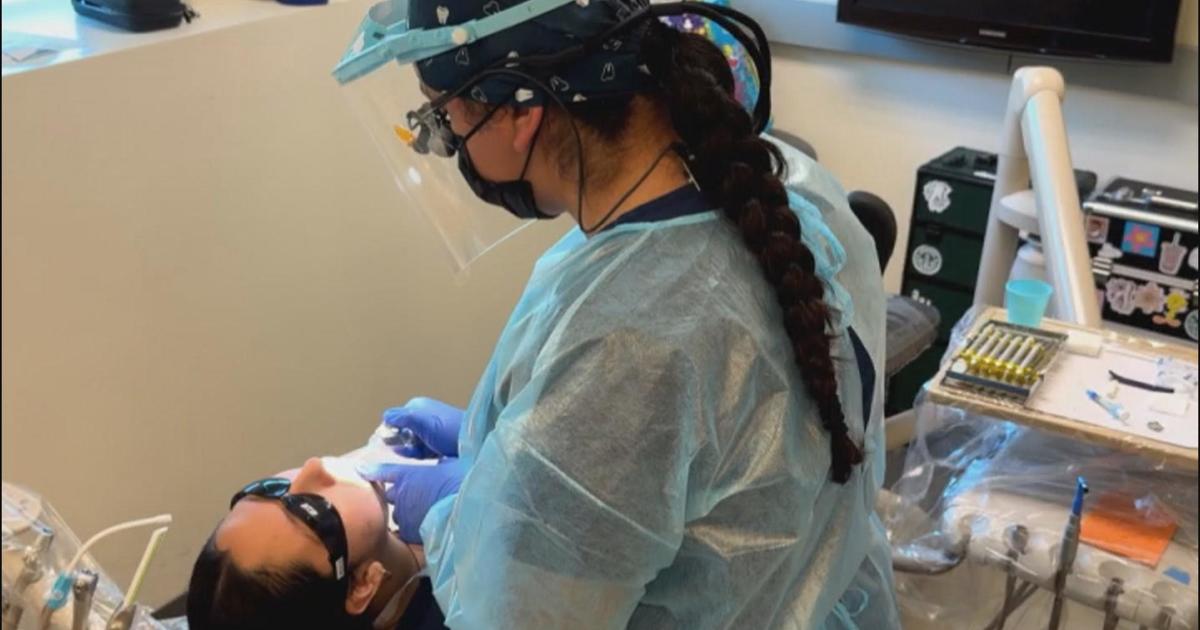Genetic Test Aims To Identify Those Predisposed To Opioid Addiction
LOS ANGELES (CBSLA.com) — An Irvine biotech company is hoping to take on the nation's opioid epidemic with a genetic test it says can identify patients who are predisposed to getting addicted to painkillers.
The problem is clear: Nearly 2 million people were found to be addicted to pain medication and nearly 19,000 people died from taking pain medication in 2014, according to the American Society of Addiction Medicine.
One issue is that doctors often prescribe too much pain medication. Another problem is that patients who are predisposed to addiction often do not know until it's too late.
That's where Proove Bioscience comes in.
The Irvine company has developed a cheek-swab DNA test that is coupled with a questionnaire to identify a patient's predisposition to opioid addiction.
At a recent doctor's appointment, Su Henriquez received the results of her diagnostic test. The test found she has a low pain tolerance and is at moderate risk to become dependent on opioids.
The findings were troubling to Henriquez, who has watched her mother's dependence on pain medication grow over time.
"This is so important to me," she said. "This is the meaning of the rest of my life."
Henriquez's doctor, orthopedic spine surgeon Hooman Melamed, is one of about 300 doctors offering the Proove test in the United States. He said he will use the test results to help craft Henriquez's treatment plan.
"You're already at high risk to begin with, which means you can go down the wrong pathway very quickly," he told her.
Proove Chief Executive Brian Meshkin is hoping to make such doctor-patient interactions more common. He says the test can also be used to identify whether certain drugs will be effective for certain patients.
"We can imagine a day where a doctor will prescribe a medication actually knowing whether a patient is going to respond or not, rather than just guessing," Meshkin said.
Meshkin says the Proove test has about a 90 percent accuracy rate.
Still, those claims have yet to published in a peer-reviewed journal, the Daily Beast reported, and some doctors are taking a wait-and-see approach until such a study is published. Meshkin told the news site that Proove plans to publish its research in the coming months.



